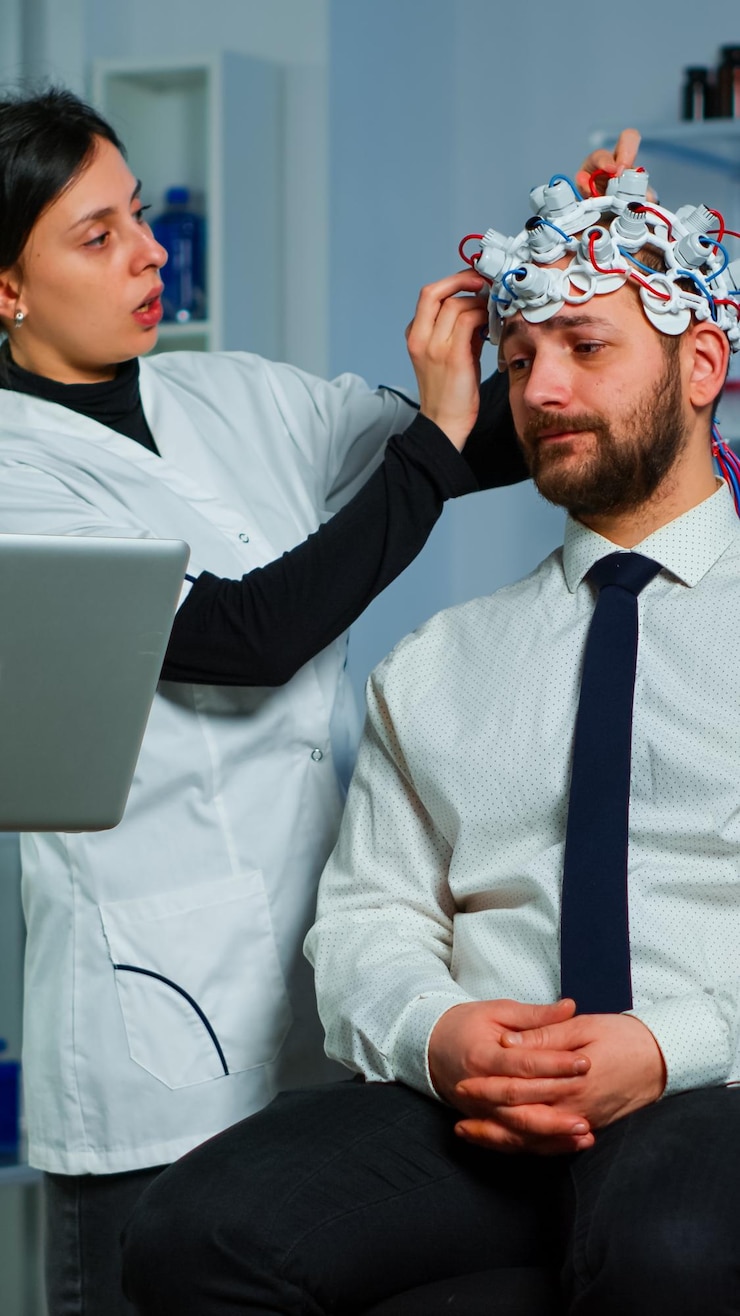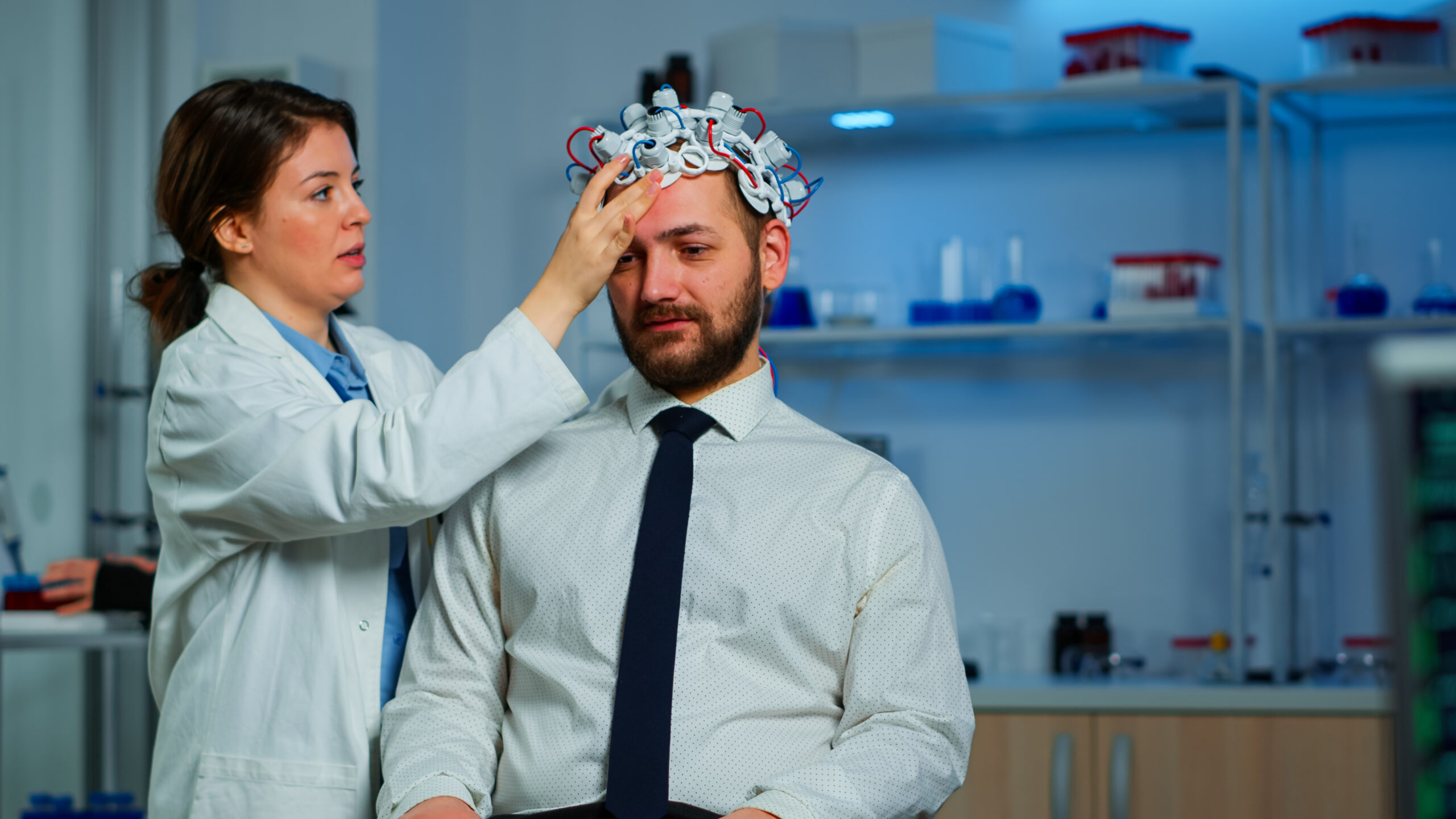


About Our Clinic
Our Mission
At Dizziness & Balance Center of Southwest Florida, Inc., our mission is clear:
To restore balance, independence, and quality of life for individuals struggling with dizziness, vertigo, and other vestibular disorders.
We understand how disorienting and debilitating these symptoms can be. That’s why we’re dedicated to providing accurate diagnoses, compassionate care, and personalized treatment plans to help our patients regain control of their lives.
Our Story
Founded by specialists with a passion for neurological and vestibular care, our center was created to address a growing need in Southwest Florida: a clinic that focuses solely on dizziness and balance conditions. Too often, these symptoms are overlooked or misdiagnosed. We are here to change that.
Our team brings together years of clinical experience and state-of-the-art diagnostic technology to deliver real answers and lasting relief.
Why Choose Us?
When you choose the Dizziness & Balance Center of Southwest Florida, you’re choosing a center that:
- Specializes exclusively in dizziness, vertigo, and balance issues
- Offers comprehensive, non-invasive testing like VNG and balance assessments
- Provides individualized Vestibular Rehabilitation Therapy (VRT) tailored to your condition
- Coordinates with audiologists, neurologists, ENT specialists, and physical therapists to ensure complete care
- Treats patients of all ages, from young adults to seniors
We don’t just manage symptoms—we find and treat the root cause.
We Provide
Best Dizziness & Balance Service for you
At the Dizziness & Balance Center of Southwest Florida, Inc., we provide comprehensive diagnostic and rehabilitative services tailored to your needs. Our state-of-the-art vestibular assessments and rehabilitation techniques help us craft a precise and personalized treatment plan.

Vestibular Evaluation
We perform a thorough assessment to pinpoint the cause of your dizziness or imbalance. This includes reviewing your symptoms, medical history, and physical responses to movement.

Videonystagmography (VNG) Testing
VNG is a non-invasive test that tracks eye movements to evaluate how your inner ear and brain respond to motion. It’s a key tool in diagnosing vestibular disorders like BPPV and vestibular neuritis.

Balance Assessment & Fall Risk Analysis
We use specialized tools and techniques to measure your balance and determine your risk of falling. This helps us tailor a plan to improve stability and prevent injuries.

Customized Vestibular Rehabilitation Therapy (VRT)
Our individualized VRT programs use specific head, body, and eye exercises to reduce dizziness and improve balance. Each plan is customized based on your diagnosis and symptoms.

Canalith Repositioning (Epley Maneuver)
This gentle procedure is used to treat BPPV by moving displaced crystals in the inner ear back into place. It often provides rapid relief from vertigo.

Gait Training
We help retrain your body’s movement patterns through targeted exercises. Gait training improves coordination, stability, and confidence in walking.




